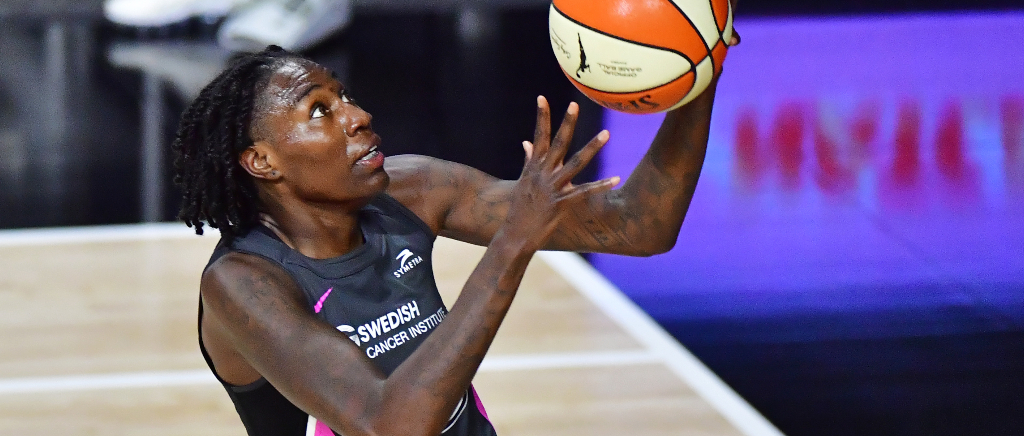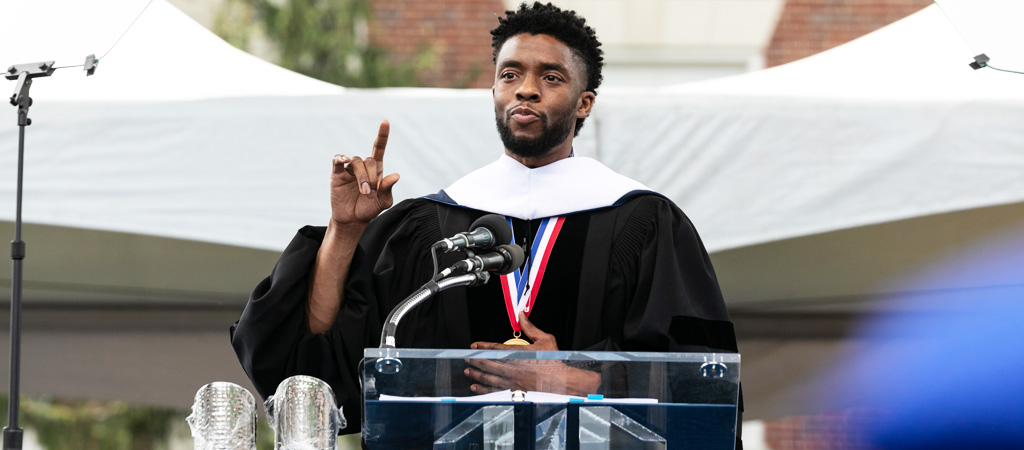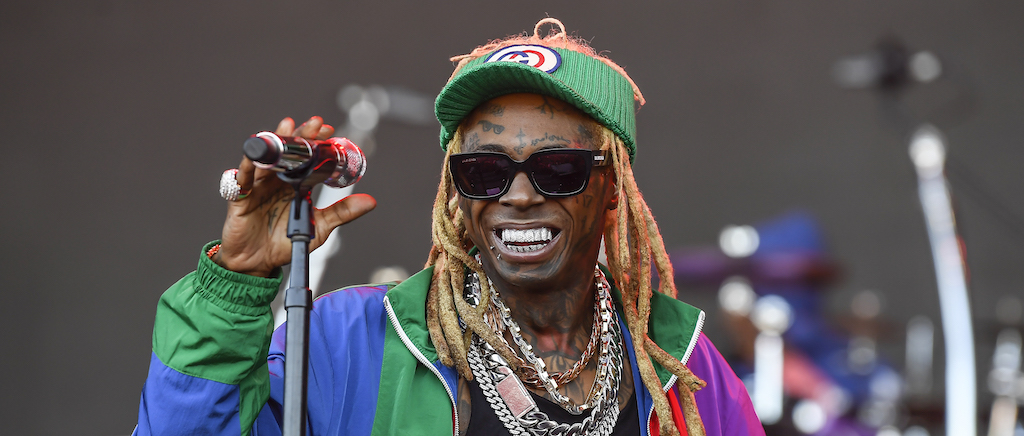Lightning Bug find themselves in an enviable spot: Their 2019 album October Song caught the attention of esteemed indie label Fat Possum, who promptly signed Lightning Bug and reissued the album. Now, the band is readying their first new album for the label, A Color Of The Sky. They’ve already shared the singles “The Right Thing Is Hard To Do” and “September Song, Pt. II,” and today, they’re back with a new one.
This time, it’s “Song Of The Bell,” a neo-nostalgic burst of ’90s-style shoegaze that’s in the same family tree as The Verve’s early-career material and My Bloody Valentine. The band’s Audrey Kang says of the track:
“‘Song Of The Bell’ is a song about hope, but it’s also about understanding that uncertainty is an inextricable part of being alive. This was the last song to be written — we’d already recorded the bulk of the record. We were in the first leg of quarantine and I felt like our days had been abruptly hollowed out. I was thinking about emptiness and reading the Tao Te Ching, this very enlightened text, ‘to be empty is to be full, twist to be straight,’ etc. So I was thinking about that concept, how one can ’empty’ oneself to be full, and where is that line, between emptying yourself and losing yourself? I thought about how when something is empty, you sort of have two choices: you can see it for what it used to hold and no longer does (i.e. a ‘shell’), or you can look for its potential to hold new things and possibilities (i.e. a ‘vessel’).”
Kang also previously spoke about her songwriting evolution from the previous album to the new one, and about the experience she hopes listeners have: “Songs in the past sometimes felt muddled, or I felt lost where to take them. But for this one, each song felt like a whole entity from conception. […] I want listeners to explore their own interior worlds. It’s about learning to trust yourself, about being deeply honest with yourself, and about how self-acceptance yields a selfless form of love.”
Listen to “Song Of The Bell” above, and below, find the A Color Of The Sky art and tracklist, as well as the band’s upcoming tour dates below, all of which are in support of Bully.
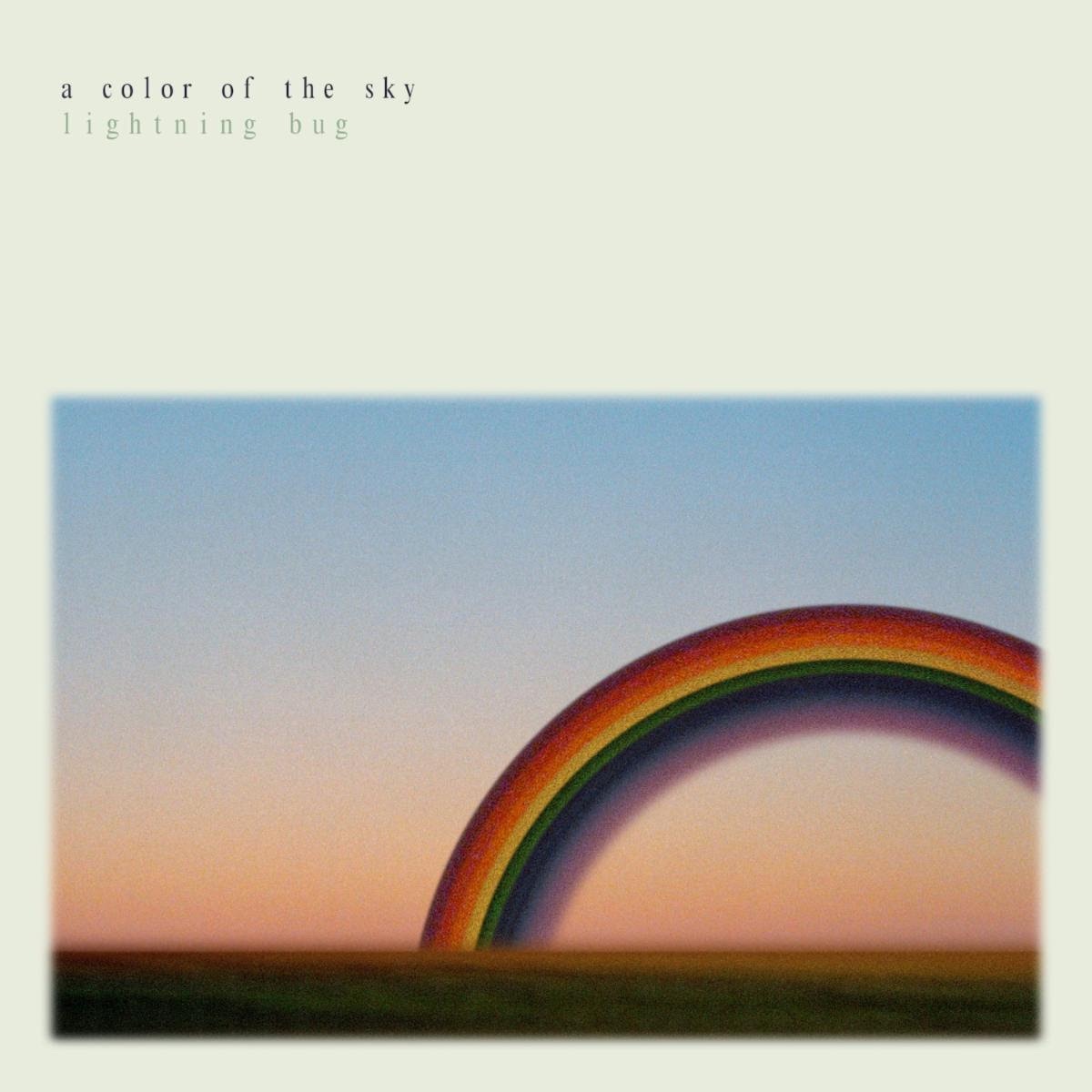
1. “The Return”
2. “The Right Thing Is Hard To Do”
3. “September Song, Pt. II”
4. “Wings Of Desire ”
5. “The Chase”
6. “Song Of The Bell ”
7. “I Lie Awake ”
8. “Reprise”
9. “A Color Of The Sky”
10. “The Flash”
09/03 — Spokane, WA @ Lucky You Lounge
09/04 — Seattle, WA @ Neumos
09/07 — Portland, OR @ Mississippi Studios
09/09 — San Francisco, CA @ The Independent
09/11 — Los Angeles, CA @ Lodge Room
09/13 — Phoenix, AZ @ Crescent Ballroom
09/14 — Tucson, AZ @ Club Congress
09/15 — Santa Fe, NM @ Meow Wolf
09/17 — Austin, TX @ Mohawk
09/18 — San Antonio, TX @ Paper Tiger
09/19 — Dallas, TX @ Deep Ellum Art Company
A Color Of The Sky is out 6/25 via Fat Possum. Pre-order it here.

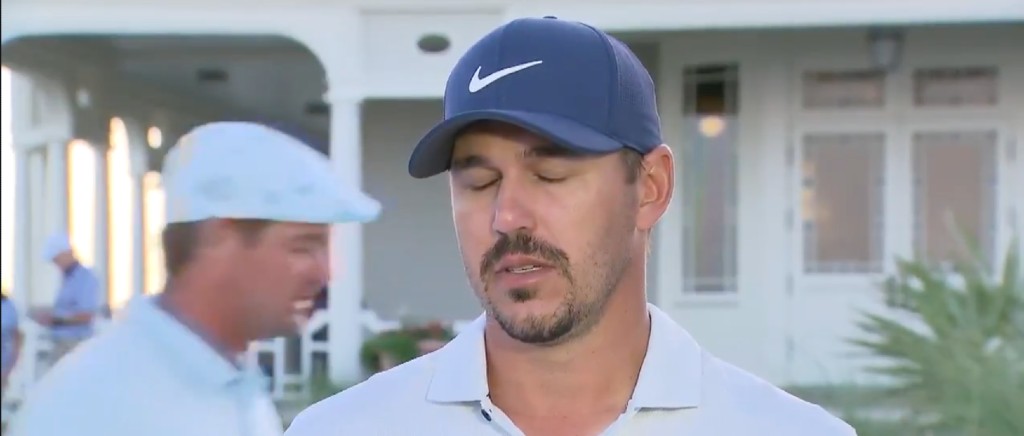

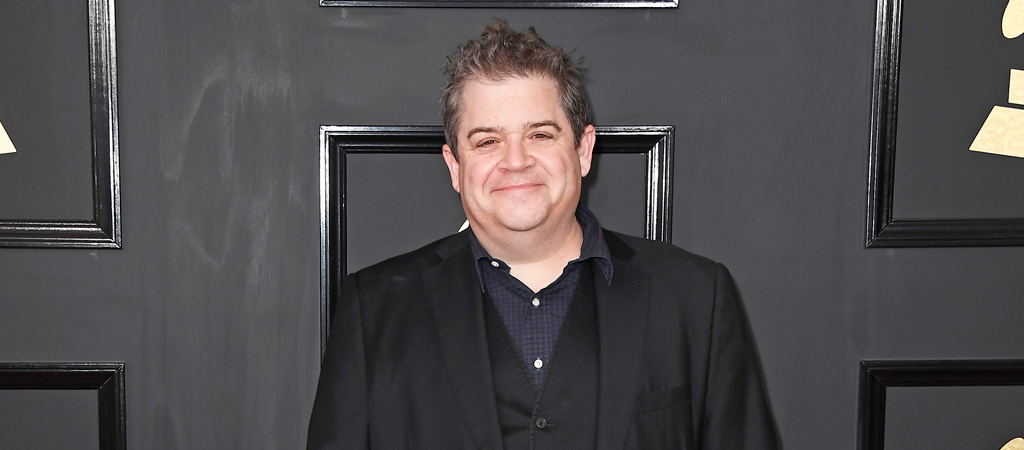
 In dreams I squawk with you…”
In dreams I squawk with you…” 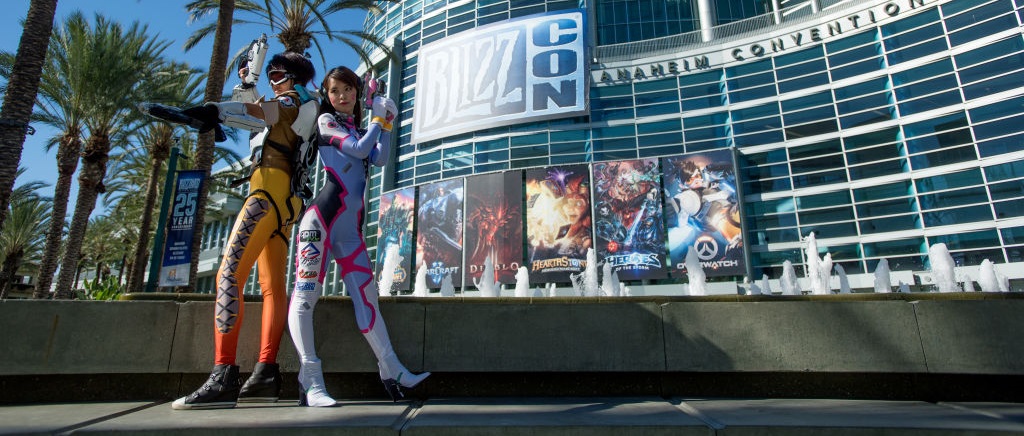
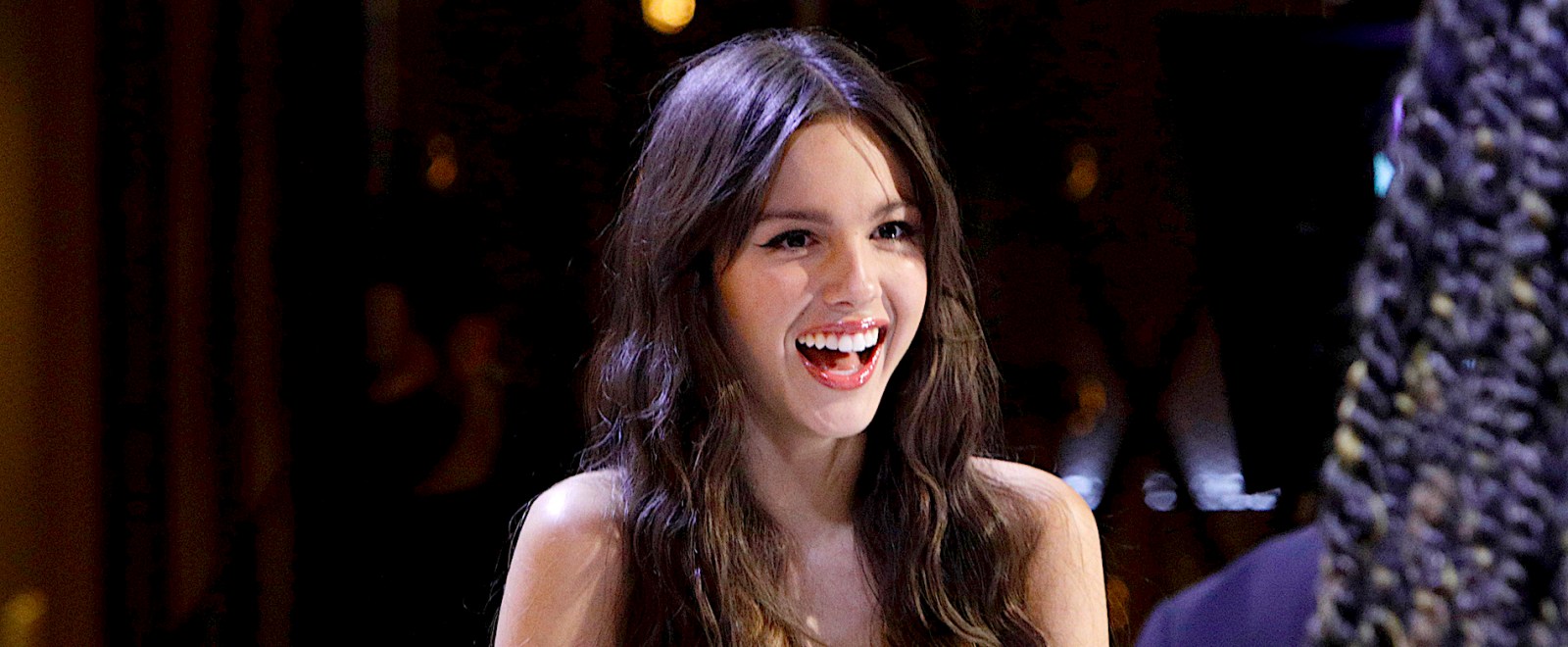
 psychic tingz
psychic tingz


